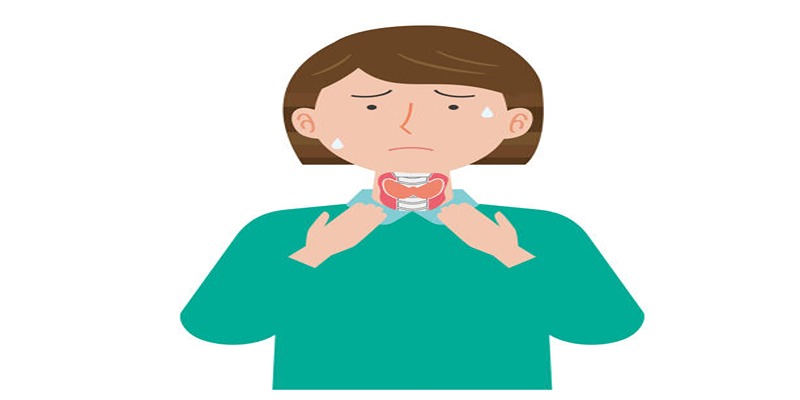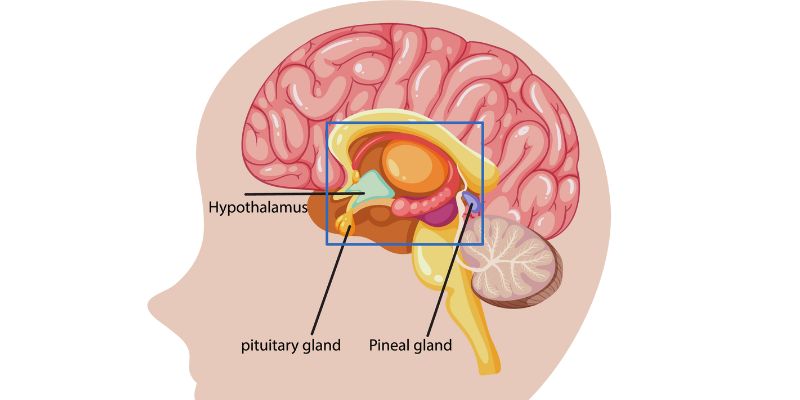Understanding the Most Common Causes of Dry Mouth
The medical condition of dry mouth called xerostomia arises due to insufficient production of saliva by the salivary glands. The lack of saliva results in discomfort along with challenges in speaking and eating, as well as adverse effects on oral health. Identifying the root causes remains essential because it solves both the management and symptom relief aspects. This article investigates the primary factors resulting in dry mouth syndrome while examining their effects on oral health status and delivering useful guidance about prevention together with treatment options.
What is Dry Mouth?

Saliva functions as an essential component of oral health because it dampens the mouth and removes food waste and clears acid that harms teeth and destroys damaging bacteria. A lack of sufficient saliva production by the salivary glands leads to dry mouth as the main effect.
What are the Common Causes of Dry Mouth?
Dry mouth can be caused by a variety of factors, ranging from medical conditions to lifestyle choices. Below, we categorize the most common causes under various subheadings.
1.Medications
Dry mouth develops primarily from the side effects of medications that people frequently use. Antihistamines together with antidepressants and diuretics are prescription medications that cause a decrease in saliva production when taken as described.
Other over-the-counter medications tend to reduce saliva production and lead to dryness. Dry mouth becomes more likely in people who use multiple medications because of compound medication side effects. You should always speak with a physician whenever persistent dryness begins to affect you after taking medications.
2.Medical Conditions
Various medical conditions can impair saliva production and lead to dry mouth. Autoimmune diseases like Sjögren's syndrome directly target salivary glands, reducing their ability to function. Conditions such as diabetes and Parkinson's disease can also indirectly cause dry mouth by altering nerve function or fluid balance. Furthermore, cancer treatments such as radiation therapy to the head or neck can damage salivary glands. Treating underlying medical conditions often helps alleviate symptoms of dry mouth.
3.Dehydration
Dehydration is a common and reversible cause of dry mouth. It occurs when the body loses more fluids than it takes in, leading to a reduction in saliva production. Common triggers include insufficient water intake, excessive sweating, fever, and illnesses causing vomiting or diarrhea. Drinking adequate water throughout the day and addressing the root causes of dehydration can significantly improve dry mouth symptoms. Staying hydrated is essential for overall health and optimal saliva production.
4.Lifestyle Habits
Certain lifestyle choices can exacerbate dry mouth symptoms. Smoking cigarettes can impair salivary gland function over time. Excessive caffeine intake are also known to cause dehydration, reducing saliva flow. Additionally, habits such as breathing through the mouth instead of the nose can contribute to dryness. By minimizing these behaviors and adopting healthier alternatives, individuals can often improve their oral moisture levels and overall oral health.
The Impact of Dry Mouth on Oral Health
Dry mouth isn’t just uncomfortable—it can also have serious implications for oral health. Saliva plays a vital role in maintaining the balance between good and harmful bacteria in the mouth. When saliva production drops, harmful bacteria can thrive, increasing the risk of tooth decay, gum disease, and oral infections. Additionally, dry mouth often leads to bad breath, as food particles and bacteria aren’t properly flushed away.
Common Symptoms of Dry Mouth
Dry mouth, also known as xerostomia, presents with a variety of symptoms that can impact daily life and oral health.
Difficulty Swallowing and Speaking
One of the most noticeable effects of dry mouth is difficulty swallowing and speaking. Without sufficient saliva, the mouth can feel sticky or parched, making it harder to chew and move food efficiently. This can disrupt communication and eating habits, often leading to frustration. Breathing while talking may also exacerbate the issue, further drying out the mouth and worsening symptoms. Addressing the root cause of dry mouth can help alleviate these challenges.
Changes in Taste Sensation
Dry mouth can also alter the way foods and beverages taste. Reduced saliva interferes with tastebuds' ability to fully perceive flavors, often leaving food tasting bland or metallic. This change can discourage eating and impact nutritional intake over time. Coupled with other symptoms, such as difficulty swallowing, it can even lead to unintentional weight loss. Identifying and treating the underlying causes of xerostomia is crucial to restoring the normal enjoyment of food.
Strategies for Managing and Preventing Dry Mouth

Managing and preventing dry mouth involves a combination of lifestyle adjustments and targeted strategies to address underlying causes. Below are some effective strategies to consider:
- Maintain proper hydration by drinking enough water throughout the day to keep your mouth moist and prevent dehydration.
- Adjust your diet by limiting salty, spicy, or sugary foods, which can worsen dry mouth symptoms. Choose soft, hydrating meals instead.
- Use over-the-counter saliva substitutes to mimic natural saliva and alleviate discomfort.
- Optimize oral care with fluoride toothpaste and alcohol-free mouthwash to protect oral health without adding dryness.
- Review medications with your healthcare provider to explore alternatives if your current medications contribute to dry mouth.
- Avoid dehydrating habits like smoking, excessive caffeine consumption, and alcohol, as they can worsen symptoms.
Conclusion
Dry mouth can significantly impact daily life, but with proper management and preventive strategies, its effects can be minimized. By staying hydrated, adjusting dietary habits, and maintaining good oral hygiene, individuals can alleviate symptoms and protect their oral health. Partnering with healthcare providers to address medication-related issues is also crucial. Making these changes not only promotes comfort but also supports overall well-being. With consistent effort, it is possible to effectively manage and prevent the challenges associated with dry mouth.










